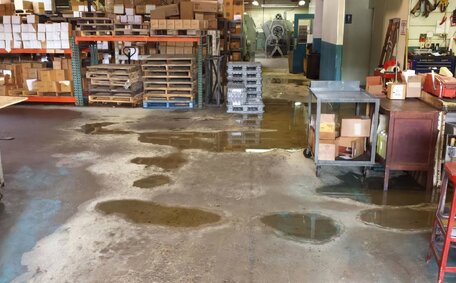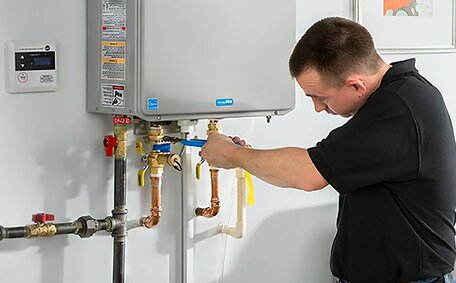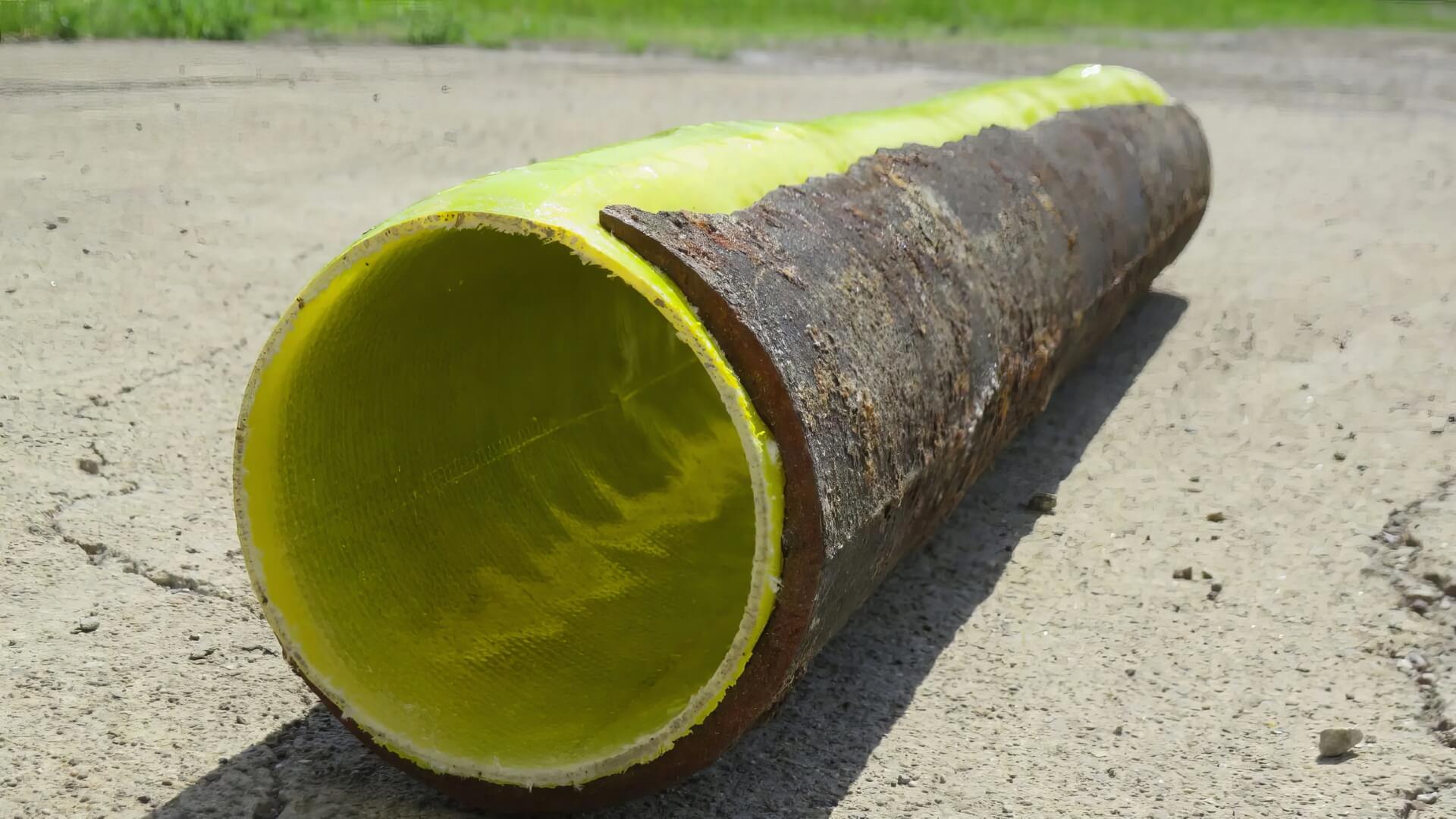
How To Fix Water Heater Issues
Can’t get hot water from your water heater? Try troubleshooting by checking the power supply, thermostat, heating elements and more. Call a pro plumber for repairs.
Read MoreIf you’ve recently had your pipes relined in the Baulkham Hills area, you’ll want to ensure the repair was effective and your plumbing is functioning optimally again. Here are some tips from the expert plumbers at Baulkham Hills Plumbing for assessing if your newly relined pipes are working properly:
1. Check for leaks. Carefully inspect all areas of your home for any signs of water leaks, moisture or dampness. Leaks around joints, under sinks or behind walls may indicate issues with the relining.
2. Test water pressure and flow. Compare to flow rates prior to relining.
Turn on all taps in your home, one at a time, and check the water pressure. Low pressure, reduced flow or sputtering could mean blockages in the relined pipes.
3. Assess drainage speed. Slow drainage can signify relining defects or leftover pipe damage. Drainage should be fast as new.
Empty a bucket of water into sinks or tub drains and time how quickly it drains.
4. Look for backing up. If recently relined sewer pipes are working properly, wastewater should never back up into showers, toilets or drains when fixtures are used. Any backups indicate issues.
5. Listen for gurgling noises. Strange gurgling sounds when water drains or runs through pipes can be a sign of blockages or problems with the relined pipes.
If your recently relined pipes exhibit any of these issues, contact the plumbing company that performed the work right away. Most reputable plumbers will guarantee their pipe relining work for many years and can inspect and fix any problems that arise with the repair.
For experienced, reliable pipe relining and all your plumbing needs, contact the team at Baulkham Hills Plumbing today. Our skilled plumbers offer quality relining to restore your pipes without pipe replacement.
Even after relining pipes, some homeowners in Baulkham Hills, Sydney may still experience drainage problems. This can occur due to several factors:
Slow or backed up drains: If wastewater drains slowly or backs up into sinks, tubs or toilets, it likely indicates debris buildup or unrepaired damage missed during inspections. Pipe relining bonds to the old pipe walls, so any leftover defects can impede drainage.
Leaking joints: Small leaks at pipe joints and connections may arise if the epoxy resin did not fully seal a seam. This allows water to seep out, reducing pressure and flow.
Reduced water pressure: Low water pressure and flow from faucets can mean the smooth relined interior has some remaining obstructions or blockages that restrict water passage.
Strange gurgling noises: Odd gurgling sounds from drainage is a telltale sign of blockages within relined pipes, potentially from undetected roots or partial collapses.
If you notice these drainage problems after relining, contact your plumber to inspect and repair the issues. Proper pipe preparation is key for successful relining, so any oversights can be remedied.
Once your pipes in Baulkham Hills have been relined, it’s crucial to check that water pressure has been restored to normal levels. Here’s how to test it:
With quality pipe relining, you should notice no discernible difference in water pressure versus before the repair. If pressure seems lower or pipes still have obstructions, contact the plumber to investigate further. Maintaining your plumbing with annual inspections will help preserve proper water pressure.
Pipe relining creates a water-tight seal within damaged pipes, preventing future leaks and failures. However, it’s still possible for small leaks to occur if the epoxy resin did not bond correctly or fully seal joints. Here’s how to check for leaks after pipe relining in your Baulkham Hills home:
Inspect pipes and joints - Carefully check for moisture or dripping at all connections, bends and joints along the pipe route. Leaking joints indicate sealing issues during relining.
Look for wet spots on walls or ceilings - Leaking pipes inside walls or under floors can cause visible water damage on ceilings below. Wet spots signal a leak from a relined pipe.
Check for musty smells - If you smell mildew or mustiness, moisture could be trapped behind walls from a leaking relined pipe.
Monitor water usage - If water bills spike without explanation, a leak may be wasting water from relined plumbing.
Unlike full pipe replacement which lasts around 50 years, quality pipe relining is warrantied to last a minimum of 30 years. So any leaks arising right after relining could indicate issues with preparation or the pipe repair process. Contact your plumber if you detect leaks so they can inspect and fix any problems.
Having your recently relined pipes thoroughly inspected by a professional plumber is highly recommended to ensure quality and identify any issues. At Baulkham Hills Plumbing, our experienced plumbers will:
Proper pipe preparation and high-quality epoxy resins are crucial for effective relining. Our professional inspections help avoid severe plumbing issues down the track. Contact us today to ensure your relined pipes are in top condition.
Camera inspection technology is invaluable for thoroughly assessing the interior condition of pipes after relining. At Baulkham Hills Plumbing, we use state-of-the-art sewer cameras to evaluate the quality of pipe repairs and identify any lingering issues.
Our durable, flexible sewer camera cables can navigate your newly relined pipes to provide a complete visual inspection. High-resolution cameras capture detailed footage of the pipeline walls, seamlessly stitching together a continuous view of the entire length.
Unlike other methods, camera inspections allow our plumbers to clearly see:
The comprehensive footage aids diagnosis of any underlying problems and allows precision targeting of repairs. Camera technology is far superior to other options when verifying the integrity of relined pipes throughout your entire sewer line and drainage system.
For optimal peace of mind, we recommend scheduling a professional sewer camera inspection after completing pipe relining work. Please contact our team at Baulkham Hills Plumbing to book your assessment.
Regular preventative maintenance is crucial for preserving your newly relined pipes and ensuring they continue working properly for years to come. At Baulkham Hills Plumbing, we recommend scheduling annual pipe inspections and maintenance checks for optimal plumbing health.
Our skilled plumbers can thoroughly inspect your home’s relined pipes, checking for leaks, obstructions, pressure issues or any other problems arising after repairs. We also clean out drains, clean pipes with hydrojetting, clear clogs and roots, and reinforce any trouble spots.
Staying on top of maintenance helps avoid expensive emergencies from pipe failures down the track. Pipe relining can extend the life of your plumbing for decades, but only with proper care.
Signs your relined pipes are in great shape include:
For trusted maintenance and repairs in the Baulkham Hills area, contact our friendly team at Baulkham Hills Plumbing today. Keep your pipes in optimal condition through regular service checks. Reach out via phone, email or our website to schedule your next inspection.
Can’t get hot water from your water heater? Try troubleshooting by checking the power supply, thermostat, heating elements and more. Call a pro plumber for repairs.
Read MoreCloudy or milky hot water coming from your taps is generally harmless and caused by trapped air bubbles in the water. Simply running the tap for a little while will usually clear up the water. If the cloudiness persists, it could be caused by sediment buildup or issues with your pipes.
Read MorePipe relining involves inserting a tube inside damaged pipes to repair cracks and leaks without digging. This trenchless method may allow pipes and plumbing fixtures to be relocated during bathroom renovations. Contact our expert plumbers to understand if pipe relining can reposition your pipes and fixtures.
Read MoreBaulkham Hills, 2153 NSW
We will call back as soon as possible.




